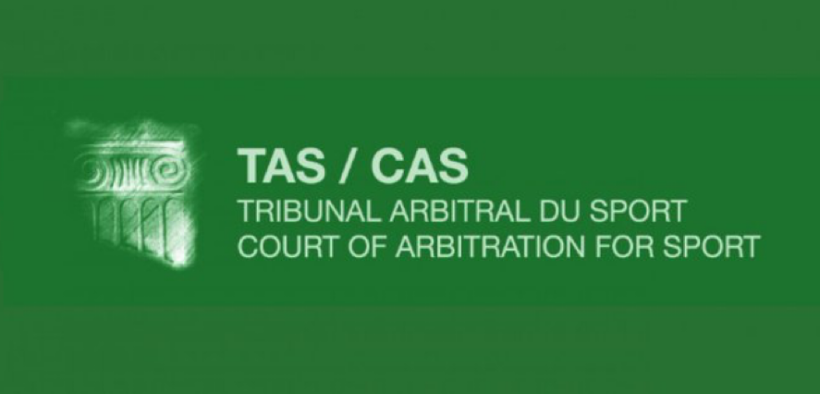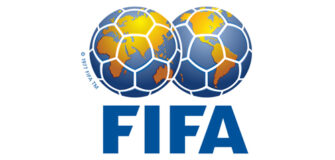Does CAS Have Absolute Power Over Sporting Disputes?

Doubts over the Court of Arbitration for Sports (CAS) jurisdiction in sporting disputes have surfaced after the Brussels Court of Appeal ruled its “enforced arbitration” is illegal.
In a ruling which could potentially impact the sporting world, the Belgian court declared that the CAS cannot have exclusive rights to settle legal disputes in football.
It comes after Belgian football club RFC Seraing filed a complaint against FIFA over the world governing body’s banning of the third party ownership of players.
As a result of the case, the court decided that the arbitration rules set out in the statutes of FIFA, UEFA and their member federations, which oblige legal disputes to be heard exclusively by CAS, are illegal.
The court has ruled that the “enforced arbitration” of CAS on football clubs violates article six of the European Convention of Human Rights and article 47 of the European Charter of Fundamental Rights.
It means domestic courts could now have authority to hear appeals in sporting disputes when previously they would always be sent to the CAS.
The ruling has come after Belgian football club RFC Seraing launched a legal challenge against FIFA .
It is not clear if the ruling will hold jurisdiction for other sporting bodies.
But, in theory, the ruling could affect all national and international sporting organisations, meaning any club or athlete could potentially take legal action in a domestic court and not at the CAS.
What is more, it has been reported in AS that clubs and athletes could now reject the jurisdiction of CAS altogether, unless real consent exists between the parties concerned.
The ruling has come as a result of a case launched in 2015 by RFC Seraing and Doyen Sports against FIFA, who ruled investment funds could not be used to own players.
Initially the club and Doyen only sought to have FIFA’s decision over-ruled, but then extended their arguments to include the legitimacy of the CAS.
It has been noted that as the CAS is based in Switzerland, it does not have to adhere to European Union law.
The claimants have also argued there is “room for doubt” over the impartiality and independence of the CAS, given that it is, they say, “under the economic and political influence of sport’s international federations”.
AS quote the claimants as saying it is now “highly probable” that many rulings handed down by the CAS in the past could be called into question.



